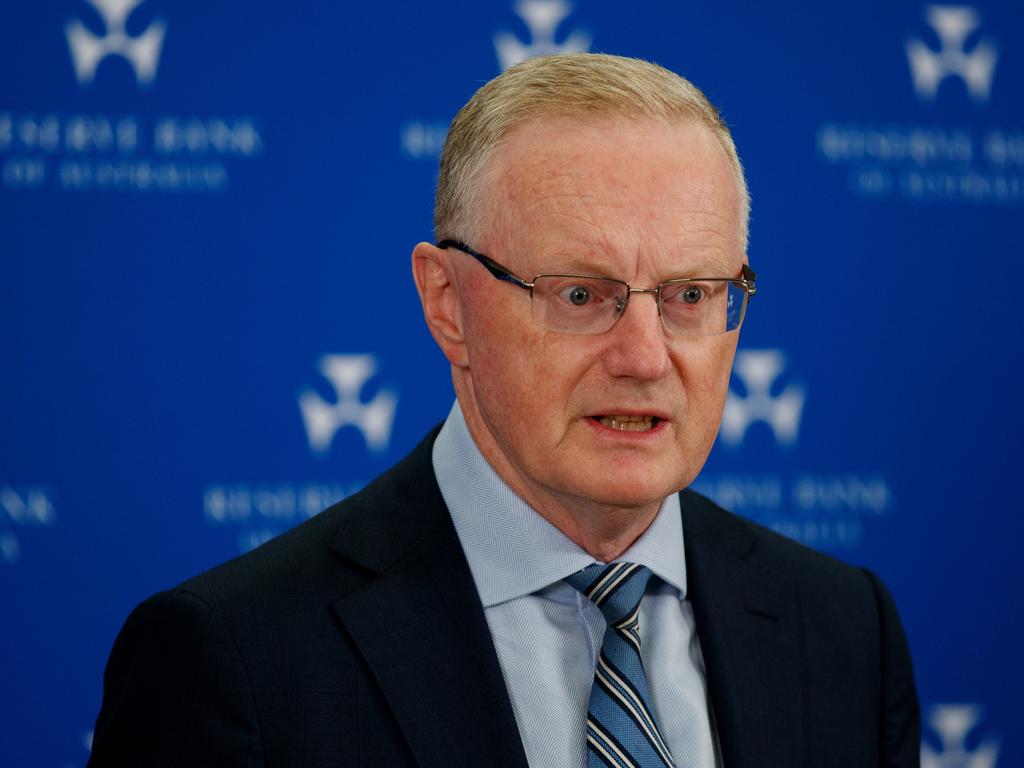That prediction may seem simplistic; but the review of the Reserve Bank does nothing to disprove it. On the contrary, rarely have so few recommended creating jobs for so many – of their colleagues.
A new committee largely composed of economists will set monetary policy. Economists will also dominate a new expert advisory panel. So as to service those economists, yet more economists will be added to the RBA’s already massive staff. And a new program will fund university research in monetary economics, spreading some joy among those who don’t get the plum jobs.
Amazingly for a profession that prides itself on being evidence-driven, all this is proposed in a report that is essentially data-free. There is, in particular, nothing in the report to show that countries where monetary policy is set by a specialist committee outperform those where decisions are taken by a generalist board (as has been the case at the RBA). Nor is that omission surprising: particularly for the UK and New Zealand, the data suggests no such thing.
But the puzzle runs even deeper. One might have expected a report that mentions diversity nearly 100 times to prefer delegating responsibility to a more – rather than less – diverse body, which would muster a wider range of experience. And perhaps the panel didn’t notice that relying so heavily on one type of expertise could entrench the “group think” it rightly excoriates.
Some philology might have helped: when the noun “expert” entered common usage in the 1860s, the Germans promptly accompanied their term for an expert (“der fachman”) with the delightful neologism “fachidiot” – a person whose professional narrowness blots out common sense.
Well, at least the panel has taken its recommendation that the RBA concern itself not just with inflation but also unemployment to heart, albeit starting (somewhat eccentrically) with economists. Unfortunately, that recommendation is ill-judged.
To begin with, its formulation, which suggests placing equal weight on the proposed twin objectives of full employment and low inflation, is plainly incorrect. If the inflation rate is an unusually high 5 per cent, and the unemployment rate an unusually low 1 per cent, reducing the inflation rate will yield much greater benefits than reducing the unemployment rate, and should receive greater weight.
The point is entirely general: when there are multiple targets, the weight to be placed on each variable being targeted cannot normally be determined independently of that variable’s current level.
However, even putting the recommendation’s loose wording aside, it would be a serious mistake to accept the twin objectives. That is for two inter-related reasons.
The first is that while inflation is primarily determined by monetary policy, which the RBA controls, the unemployment rate isn’t. It therefore makes sense for the RBA to focus on securing price stability, which it largely determines, rather than complicating the pursuit of full employment.
Second, and every bit as important, the report rightly stresses the value of central bank independence. But the price of independence is accountability: if the RBA is to enjoy a wide-ranging discretion over how it pursues its objectives, it must be accountable for the outcomes.
The current inflation target certainly isn’t perfect in that respect, as it doesn’t pick up asset price inflation (which the review almost completely ignores); but it at least provides a clear, measurable benchmark for assessing the RBA’s performance.
Adding a second objective, unemployment, where the RBA’s impact is hard to determine, will eliminate that clarity. And if the RBA cannot be held accountable, its independence will eventually prove politically unsustainable.
No doubt, many of the review’s recommendations are sensible. But some crucial recommendations are not. With both the government and the opposition having accepted them in haste, we may well regret them at leisure.







Establish a panel of fishmongers and they will tell you fishmongers deserve to be on top. Establish a panel of economists and they will conclude economists should run the world.